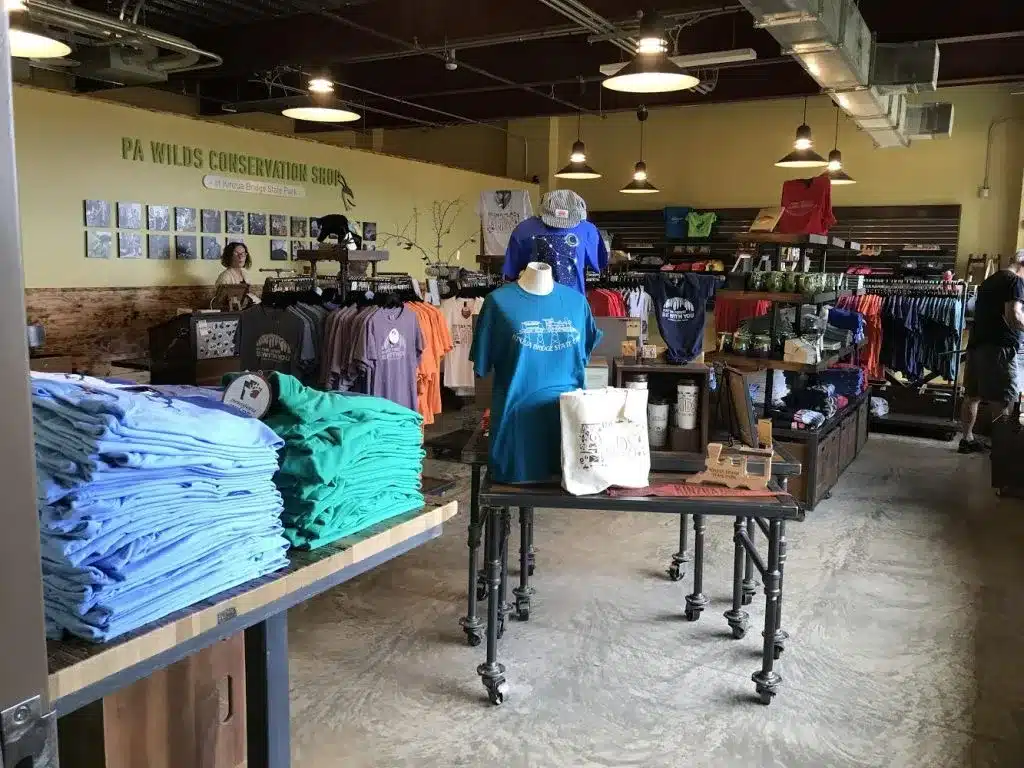View this Publication
This file contains a letter from Lori Garkovich to Mil Duncan of the Rural Economic Policy Program (REPP) and Duncan’s presentation for the RSS panel on “Rural America, Rural Women, and Public Policy.” Key points from the letter:
- Garkovich thanks Duncan for her powerful presentation representing the REPP on the panel.
- She notes that the publication of the presentation in The Rural Sociologists was delayed but will reach a wide audience of nearly 1500 recipients.
- Garkovich asks Duncan to review and revise the printed text, encouraging her to add new ideas for the wider audience.
Key points from Mil Duncan’s presentation:
- About REPP: It’s a collaborative program of the Aspen Institute and the Ford Foundation, aiming to stimulate policy research and public awareness about rural economies. It focuses on demographic studies, economics and industrial development, and public/private sector development strategies.
- Rural Economic Trends: The 1970s saw rural industrialization with low-wage manufacturing jobs and population growth in rural areas. However, post-1980, rural areas experienced significant job losses in manufacturing, coal, timber, and agriculture, which are seen as permanent.
- Challenges in Rural Areas: Rural jobs are highly sensitive to international trade. Unemployment and poverty rates are higher in rural areas, and future job growth is expected primarily in cities.
- Out-migration: Large-scale out-migration from rural areas (e.g., Martin and Harlan counties in Kentucky) is creating a “two Souths” phenomenon: a prosperous urban South and a declining rural South with disadvantaged populations.
- Policy Recommendations:
- Two-pronged rural policy: Development policies for areas with economic niches and welfare reform, basic education, and vocational training for those without.
- Education and Human Capital: Emphasizes the critical need to improve basic education and vocational/technical training in rural areas, especially in the South.
- Indigenous Entrepreneurial Development: States should support local entrepreneurial efforts, as industrial recruitment alone won’t solve rural employment problems.
- Call to Action: Community groups and policymakers need solid research and evaluation on effective strategies. Researchers play a critical role in informing action strategies and encouraging public and policymaker action for rural America.








